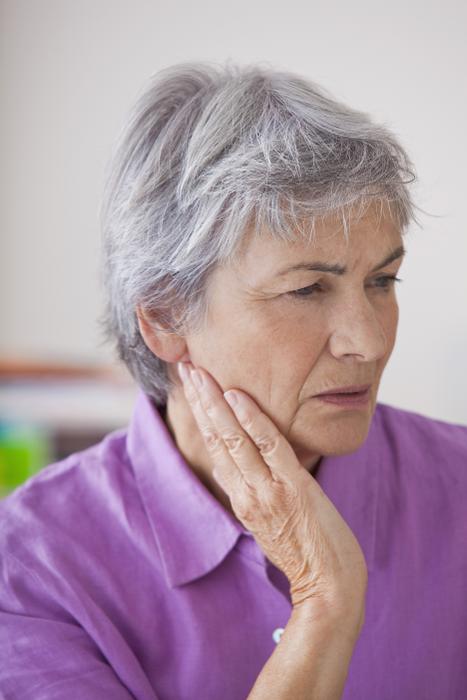Bruxism and TMJ Treatmen in Avondale, Auckland
Most patients will experience periodic teeth grinding, called bruxism, at some point in their lives. Occasional bruxism can come from changes in medication, caffeine consumption, alcohol or even stress. When bruxism becomes a chronic problem, it puts your smile and health at risk.
Both adults and children can develop a teeth-grinding habit. Unless someone tells you that you grind your teeth during sleep, you might not be aware of the problem. Common signs include:
- Sensitive teeth
- Headaches
- Bite marks on the insides of the cheeks
- Bony growths (tori) beneath the tongue
At Avondale Dental Centre, we will alert you immediately if we see the signs of teeth grinding.
Bruxism Treatment
Chronic bruxism may cause wear to teeth, fractures and painful jaw joints, a condition known as temporomandibular joint dysfunction or TMD. Your TMJs (temporomandibular joints – the joints where your jaws connect) can pop, lock or create a grinding sound when they are not functioning properly.
We generally treat bruxism with a custom nightguard that places a barrier between the upper and lower teeth, protecting them from damaging each other during sleep.
We may also recommend muscle relaxation exercises and lifestyle changes to reduce clenching and grinding.


 cavities and dental infections.
cavities and dental infections. allows for chewing, speaking and yawning without issue.
allows for chewing, speaking and yawning without issue.

 Addressing TMD requires determining the cause of the jaw dysfunction and solving the main issue. In some cases, a bruxism splint will be enough to reduce symptoms and allow painful muscles to relax.
Addressing TMD requires determining the cause of the jaw dysfunction and solving the main issue. In some cases, a bruxism splint will be enough to reduce symptoms and allow painful muscles to relax.